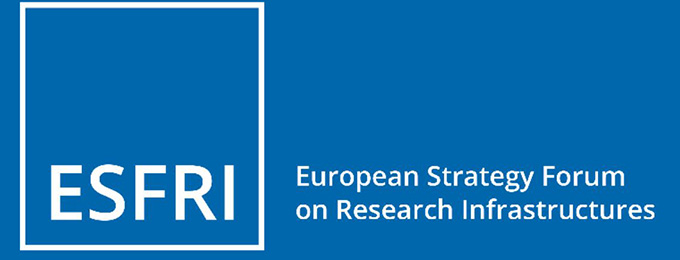The new ESFRI Stakeholders Forum will enable an open dialogue on research infrastructures and position them more prominently within the European Research Area.
The European Strategy Forum on Research Infrastructures (ESFRI) aims to start an open dialogue among the different European research infrastructure stakeholders, in order to position infrastructures more prominently within the European Research Area (ERA). An initial concept for this was already presented in the ESFRI White Paper adopted in 2020. On 29 July, ESFRI now therefore invited representatives of stakeholder organisations to join their newly established ESFRI Stakeholders Forum.
The ESFRI Stakeholders Forum is a platform, which should help to apply the participatory elements across the ERA and help to position research infrastructures at the heart of the research and innovation ecosystem, interlinking them with different actors, such as researchers, educators, policy makers, citizens, businesses and others. The forum will facilitate regular discussions and shall reach beyond the traditional research infrastructure communities. Decision and policy makers, municipalities, higher education institutions, and potential users of research infrastructures are thus particularly welcome.
While detailed information on how the platform will work is not yet available, interested parties have the possibility to join already now and receive regular updates. A first Stakeholders Forum meeting will take place on 8 December 2021 in Ljubljana, Slovenia as a hybrid event. The event will be open to established as well as prospective stakeholders and is hosted by the Slovenian Presidency of the Council to the EU as part of the ESFRI Days event. The day before, ESFRI will hold its 2021 Roadmap launch. The ESFRI Roadmap 2021 on large-scale research infrastructures has been in preparation for the past two years, and the launch event will include the presentation of 11 new research infrastructure projects. Beyond this, it will cover the merits of the Open Science concept and highlight the quest to address global challenges as reflected in the UN Sustainable Development Goals.

